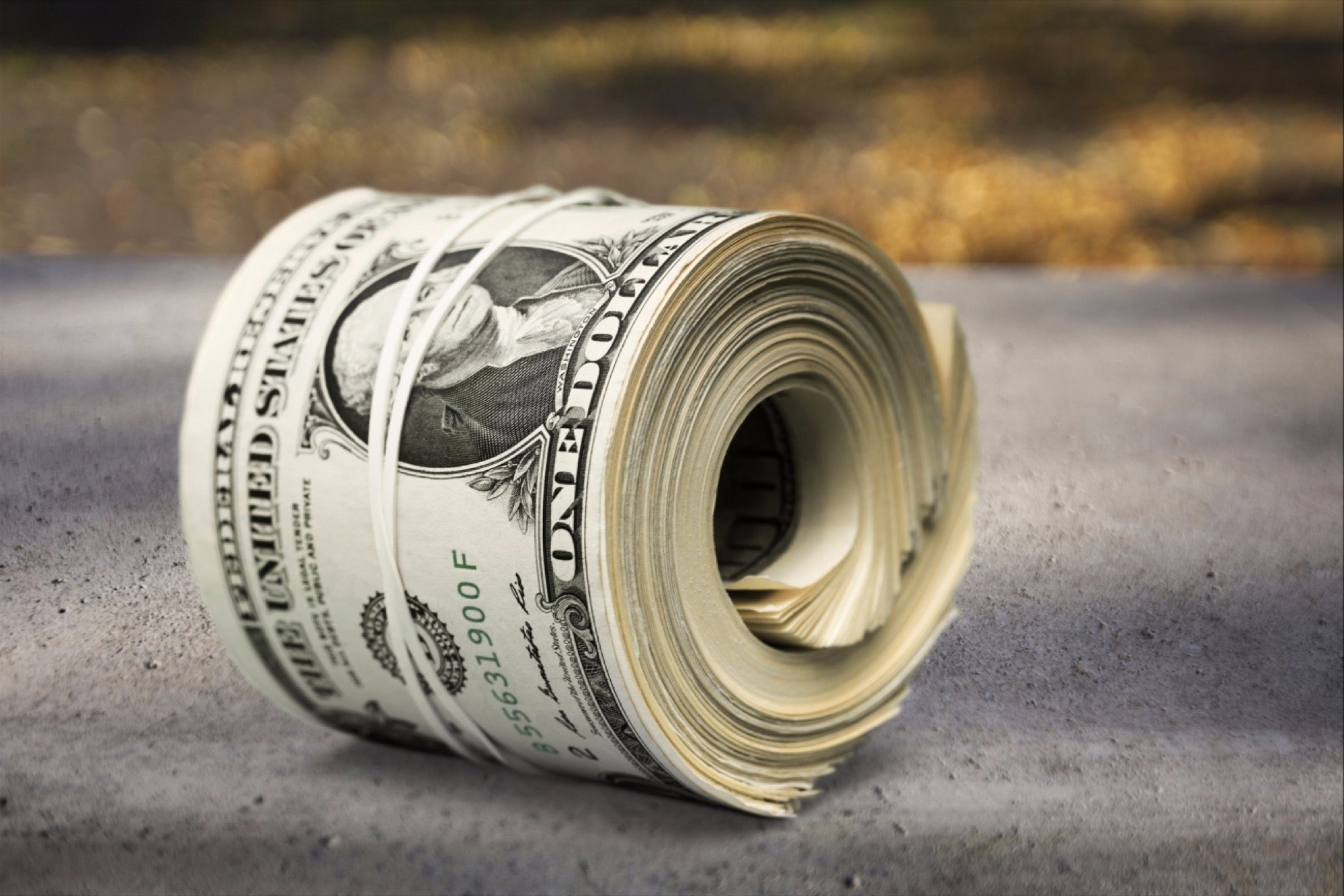Why Entrepreneurs are Not Able to Sleep Well It's no secret that entrepreneurs sacrifice a lot for their business to grow, and sleep is one of them
Opinions expressed by Entrepreneur contributors are their own.
You're reading Entrepreneur Asia Pacific, an international franchise of Entrepreneur Media.

Tesla founder Elon Musk confessed how he struggles to get a good night's sleep, in a recent interview with The New York Times.
"It is often a choice of no sleep or Ambien," he said, in the interview published on August 16.
The interview garnered widespread reaction, especially after he admitted working for 120-hours at a stretch. In response, author, founder and chief executive officer of news publication The Huffington Post and Thrive Global, Arianna Huffington wrote an open letter to him, saying, "You've come up against incredible challenges, and you've met them by being ever more rigorous and determined about applying the latest science."
The Struggle is Real
It's no secret that entrepreneurs sacrifice a lot for their business to grow, and sleep is one of them.
The question is, is sleep-deprivation really a deterrent in the journey of an entrepreneur to achieve success? Time and again, entrepreneurs have spoken about their struggles with overworking, and how they have compromised sleep in the process.
An August 12 study published in the American Journal of Health Promotion, says that employees who sleep 10 or more hours per night miss an average of 1.6 times more days of work due to illness and lose an average 2.2 times more productivity than employees who sleep eight hours per night.
The National Sleep Foundation of the US recommends adults under the age of 65 get seven to nine hours of sleep night, yet 30% of adult employees report fewer than six hours of sleep nightly," says Stefan Gingerich, senior research analyst at New York-based StayWell and principal investigator of the study.
In a January 2015 Ted-ed, "The Benefits of Good Night's Sleep", Shai Marcu, an Israel-based expert in sleep medicine and neurology, says, "Skimping on sleep not only harms your long-term health, but actually makes it less likely that you'll retain all that knowledge and thoughts from the previous night."
Naptime
The benefits of sleeping right also include generating new ideas. In a December 2010 Ted Talk, Huffington shared experience of how she fainted, hit her head to desk, broke chin bone and got five stitches on right eye – all because of exhaustion stemming from overworking. "My big idea is a very small idea that can unlock billions of big ideas, and that can only be achieved with a good sleep," she says.
"In the course of that I met with medical experts and scientists, and I am here to tell you that the way to be more productive is getting enough sleep," she says.
Recounting the benefits of a good night's sleep, Marcu says that proper sleep will have you waking up every morning with a new and improved brain, ready to face the challenges ahead.
Make it Right
The bottom line is: Too little or too much sleep is not good. It's the quality, not quantity that matters.
David Reile, executive coach of the US's Career Development Alliance, says, "First, avoid after hours work requests if at all possible. Second, limit after hours work requests (email, texting, etc.) to emergencies only. Third, conduct a routine audit (perhaps monthly) of after-hours work requests to see if the requests were actually needed at that time and to see how productive the response to an after- hours request was."
Another help could be technology. The same thing can help entrepreneurs relieve stress and get good sleep. Apps like Sleep Cycle, Calm, Pzizz can help make sure you're getting the best sleep you can, and waking up every morning refreshed.
Try meditation too, it works wonders.











